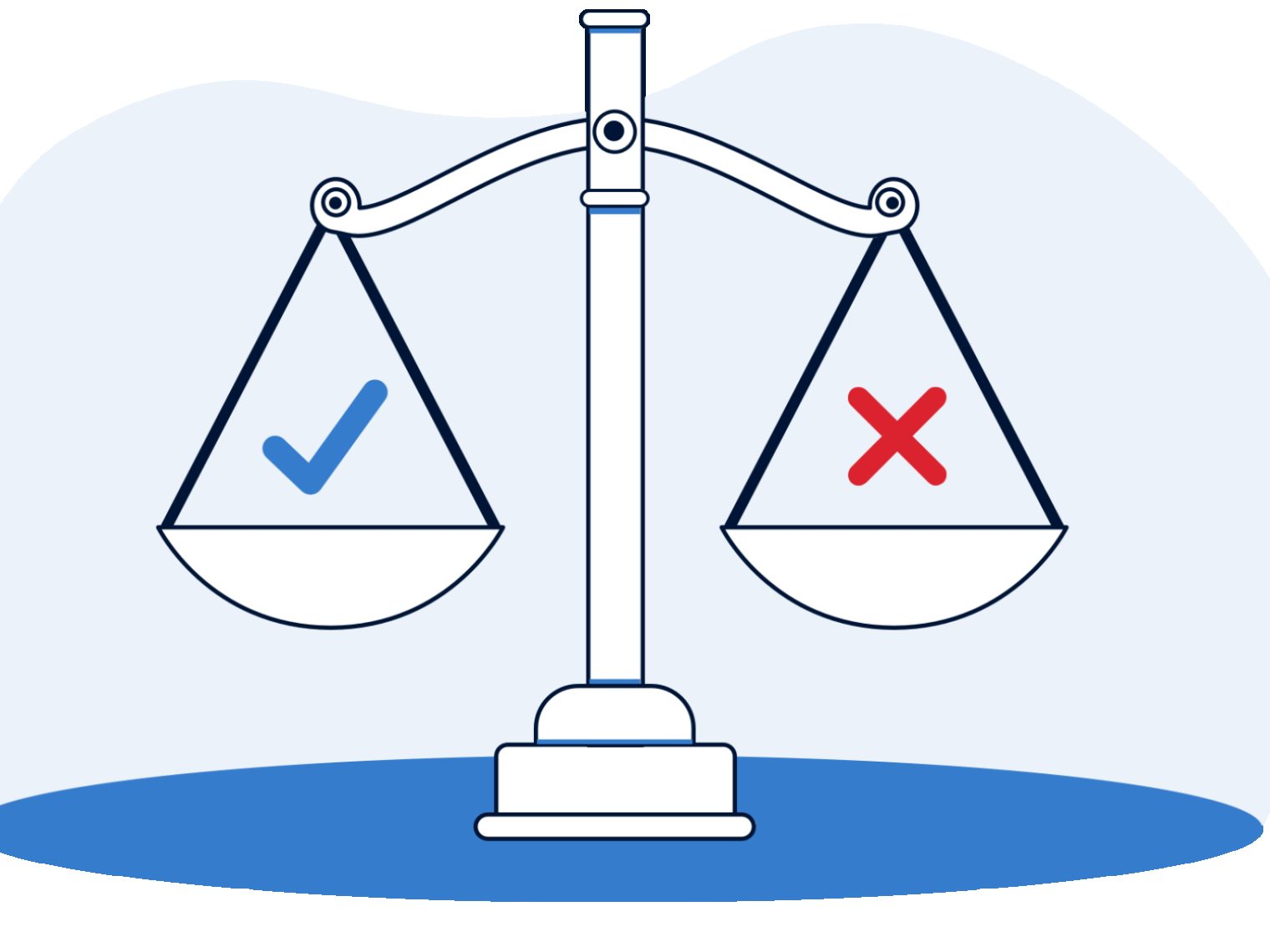In a perfect world, your financial slate is clean when you're ready to purchase a home using your VA loan benefits. But problems with one type of debt in particular—federal debt—can force you to put your homeownership plans on hold.
In a perfect world, your financial slate is clean when you're ready to purchase a home using your VA loan benefits. But problems with one type of debt in particular—federal debt—can force you to put your homeownership plans on hold.
What is CAIVRS?
CAIVRS stands for Credit Alert Interactive Verification Reporting System. It is a U.S. federal government database that tracks and reports on individuals and businesses with delinquent federal debt.
CAIVRS is primarily managed by the U.S. Department of Housing and Urban Development (HUD) and is used to determine an applicant's eligibility for federal housing and loan programs.
How to Check Your CAIVRS Report
Unfortunately, individuals cannot directly request CAIVRS reports. Instead, CAIVRS information is accessed by authorized users, such as lenders, government agencies and approved third-party servicers during the application process for federal loans and benefits.
So, what happens if your lender sees your name in this system?
How CAIVRS Impacts VA Loan Applications
Veterans and active military members who are either delinquent or in default on a federally assisted loan cannot meet the VA's definition of a satisfactory credit risk. That means VA lenders will be forced to turn down your VA loan.
If you're struggling to stay on top of your credit score, consider talking with a credit expert in our Lighthouse Program, a free service that helps Veteran homebuyers strengthen their financial profiles and get back on track with the VA loan process. But debt and derogatory credit can be a different issue.
Lenders can tolerate a certain level of derogatory credit. They'll often have an in-house cap for the amount of derogatory credit (things like collections and judgments) for a loan file. This varies, so it may be $3,000, $5000, or it could be more. Prospective borrowers who come in under that benchmark can move forward with the process.
However, regardless of whether the defaulted debt amount surpasses your lender’s in-house cap, you will need to clear your CAIVRS before they can move forward with your VA loan application.
How To Clear a CAIVRS Alert to Qualify for a VA Loan
Default or delinquency on federal student loans is the most common CAIVRS issue. However, Veterans may also end up on the database after losing an FHA loan to foreclosure or failing to settle overpayments on education or disability income.
If you’re delinquent or in default on student loans, getting the debt repaid immediately is ideal. But that’s not always possible, especially when the average college senior graduates with about $35,000 of student loan debt.
After Default on Student Loan Debt
If you’ve defaulted on student loan debt in the past, you may already be cleared from CAIVRS. Thanks to the Fresh Start Program, as of July 2022, the Department of Education cleared all default notations on CAIVRS for borrowers with eligible defaulted loans.
The Fresh Start program is a government program that allows borrowers with federal student loan default status to reenter “current repayment status.” To maintain a clear CAIVRS, you must enroll in a student loan debt payment plan.
You should also keep in mind that student loan debt can lead to a high debt-to-income ratio (DTI), which negatively impacts your VA loan application.
After Default on a Government-Backed Mortgage
Not all federal loan defaults will wind up getting reported to CAIVRS. Defaulting on a government-backed home loan can lead to a three-year wait from when the government pays the foreclosure claim. This can be especially frustrating for borrowers who've discharged a government-backed loan through bankruptcy only to see it foreclosed on months or even years later.
If you're worried debt might hamper your chances of getting a VA loan, reach out to a VA Loan Expert at 855-870-8845.
Related Posts
-
 VA Renovation Loans for Home ImprovementVA rehab and renovation loans are the VA's answer to an aging housing market in the United States. Here we dive into this unique loan type and the potential downsides accompanying them.
VA Renovation Loans for Home ImprovementVA rehab and renovation loans are the VA's answer to an aging housing market in the United States. Here we dive into this unique loan type and the potential downsides accompanying them. -
 Pros and Cons of VA LoansAs with any mortgage option, VA loans have pros and cons that you should be aware of before making a final decision. So let's take a closer look.
Pros and Cons of VA LoansAs with any mortgage option, VA loans have pros and cons that you should be aware of before making a final decision. So let's take a closer look.


